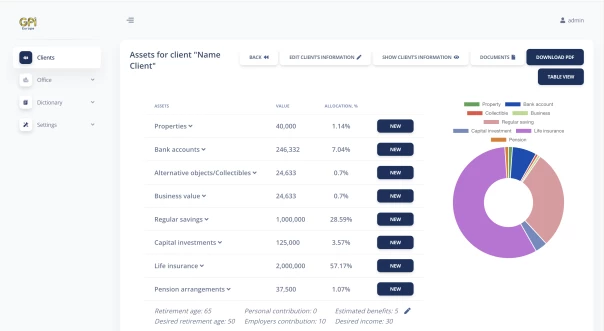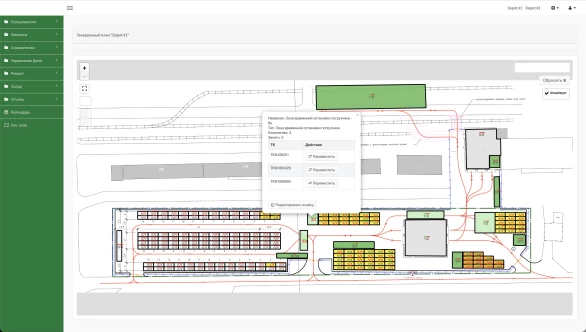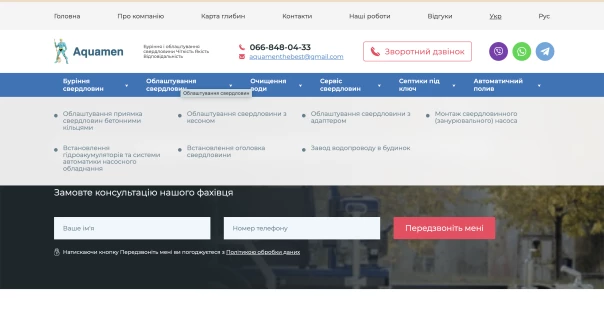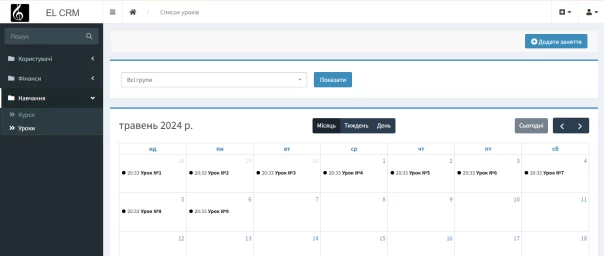The market of CRM systems does not stand still, adapting to the needs of modern business. To make the work with a client bases system effective, Developers are adapting work automation models with CRM systems, thus creating a product for each type of company's activity. Read this article to find out what CRM systems can be.
Why is it necessary to divide CRM into types?
The reason for the CRM division into types is that no single package can functionally meet the needs of different businesses. A shop doesn't need the functionality that a large retail chain needs. The situation is similar with businesses of different directions - each has its own tasks, goals, and models of communication with customers. Thus, developers have created various types of CRM systems that are suitable for businesses.
What are the types of CRMs and how to classify them?
There are as many variants of complexes as there are areas of company activity. CRM systems on the market are designed to take into account all the features of the business for which they are intended. A wide range of software can be conveniently divided into four categories, which include both paid and free CRMs.
CRM types by purpose
The criterion by which software belongs to a specific niche. This includes the following CRMs:
- for small businesses;
- software for middle management;
- for large companies, international corporations;
- the beauty and fashion industry;
- CRM for E-Commerce segment and retail;
- for the B2B industry;
- production area;
- HoReCa - hotels, restaurants, cafes;
- complexes for representatives of the service sector.
As companies expand their business lines, developers will adapt their products to their specifics, giving rise to new types of CRM systems.
CRM types by payment
According to the tariff plan, the software is divided into:
- free - delivered without a direct pricing policy, but with very limited features;
- fee-based.
In the latter case, the client must purchase a software license. Many developers create several tariff plans. Often, there is a Trial mode - a period of free use with a limited set of tools.
What CRM systems are available in terms of functionality?
It includes:
Operational types of CRM systems. Their main task is to optimize processes in the company, lead generation, preparing the client for cooperation, etc.
- Analytical - for analyzing large amounts of data, structuring and storing information.
- Collaborative. Systems to simplify feedback between the client and the company, coordinate different departments of the firm.
- Strategic. Designed for business planning and long-term communication with the client base.
There are also combined models that combine several types of CRM.
CRM types by availability
This includes off-the-shelf (publicly available) software systems and personalized ones. In the latter case, the owner receives an individual product customized to the specifics of a particular business.
Advantages of personal types of software:
- consideration of all the nuances of the company;
- filling with highly specialized tools;
- the owner does not depend on the license, the software is his intellectual property;
- personalized UI/UX;
high protection against hacking.
In the long run, personalized software is of greater interest.
Examples
Implementing a CRM system for business is an important step, so it's worth taking the time to research which CRM systems exist and what functionality they provide, and we'll give examples of areas of use:
- for the service sector: AmoCRM, Salesforce, Zoho, FreshOffice;
- operational types: Snov.io, HubSpot, Agile;
- analytical: Pipedrive, Creatio, Zoho Analytics;
- collaborative: Zendesk, Copper, Insightly, Neon;
- management: Dynamics 365, NetSuite, Pega, Sugar;
- strategic: SAP Customer 360, Scoro;
- social: Hootsuite, Zoho Social, Sprout Social.
- Effective tools for small businesses: Freshworks, Nimble.
Conclusions
The choice of CRMs that are available and offered on the market for this type of software is quite large, but if a business owner needs a flexible solution that is clearly tailored to his or her company, it is worth paying attention to customized systems.
Turnkey CRM development solves several important issues at once:
you get exactly the system that your business needs;
unlike standard versions, CRM contains only the tools necessary for a given project;
the system is personalized, not unified.
Your own CRM is a reliable solution in the long run. If a business needs special (non-standard) tools for communicating with customers, developing such a system from scratch is the perfect option.
The success of modern companies depends on the quality of communication and process automation. The use of CRM in a long-term strategy significantly reduces company costs. It is a reliable tool in today's competitive environment.

















